College News

Rooted: Bob Pleasants
Bob Pleasants in the Office for Undergraduate Research has been contributing to research at Carolina for 14 years.
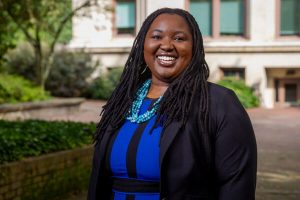
The Father Effect
Shauna Cooper in the department of psychology and neuroscience has spent over a decade studying Black fathers and their roles in child development.
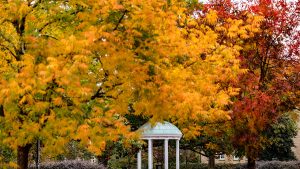
Gift establishes first endowed term professorship for the new School of Civic Life and Leadership
The Orville Gordon Browne (OGB) Foundation has made a $1 million gift to the UNC-Chapel Hill College of Arts and Sciences to establish an endowed term professorship in Carolina’s School of Civic Life and Leadership.
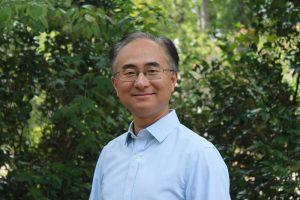
Researchers awarded NSF grant to support the future of semiconductors
The award supports a collaborative project between UNC-Chapel Hill and NC State University. Researchers will develop a new short-wave infrared light camera and train a diverse group of students in using innovative technologies.
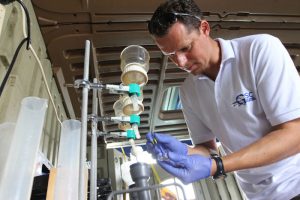
$2.5m NSF grant for Center for Galapagos Studies researchers
Researchers with the UNC Center for Galapagos Studies, alongside external collaborators, received a $2.5m grant from the National Science Foundation to expand their research on marine plankton in the Galapagos.
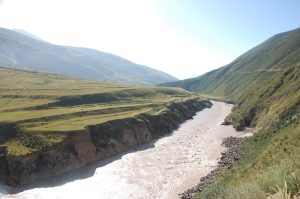
A new development model for the world’s third-longest river
The new paper by UNC-Chapel Hill researchers reveals rapid fluvial incision attributed to the growth of high topography in China’s Yangtze River.
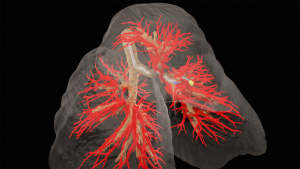
Autonomous medical robot successfully steers needles through living tissue
A team of researchers and physicians led by Professor Ron Alterovitz in UNC’s computer science department has demonstrated, for the first time, a robotic needle capable of autonomously maneuvering through intricate lung tissue while avoiding obstacles and important lung structures.
Looking for College stories older than 2020? Visit our news archive.
News Archive
